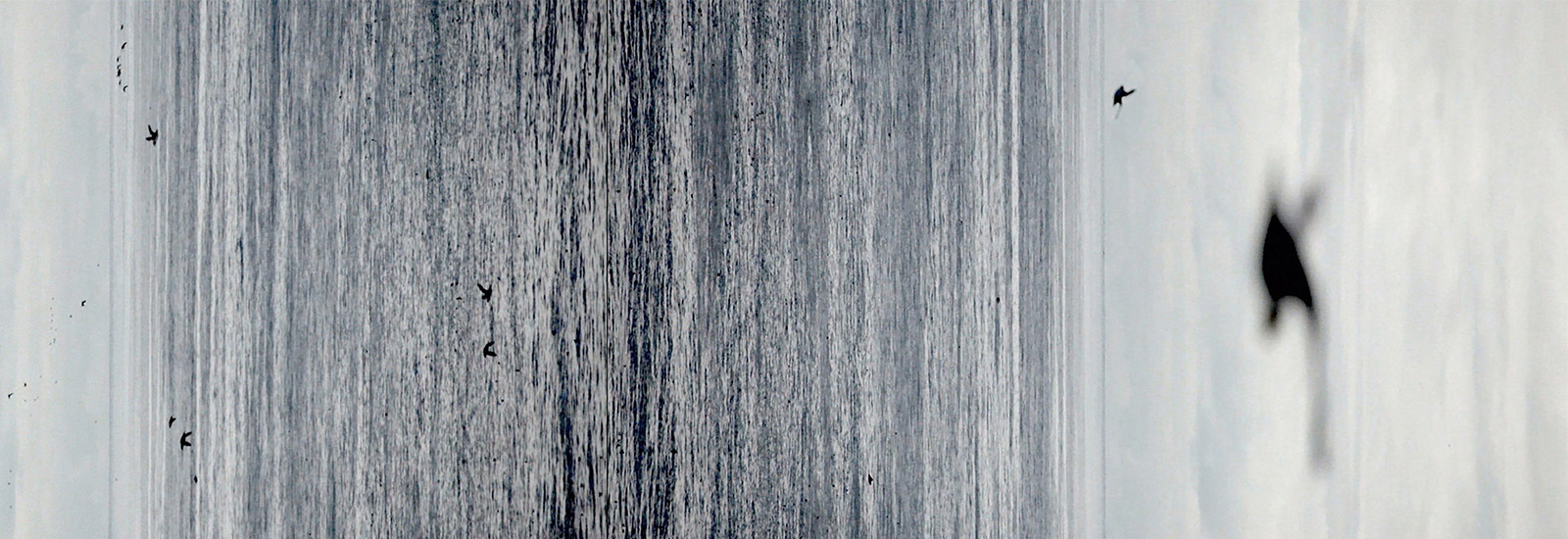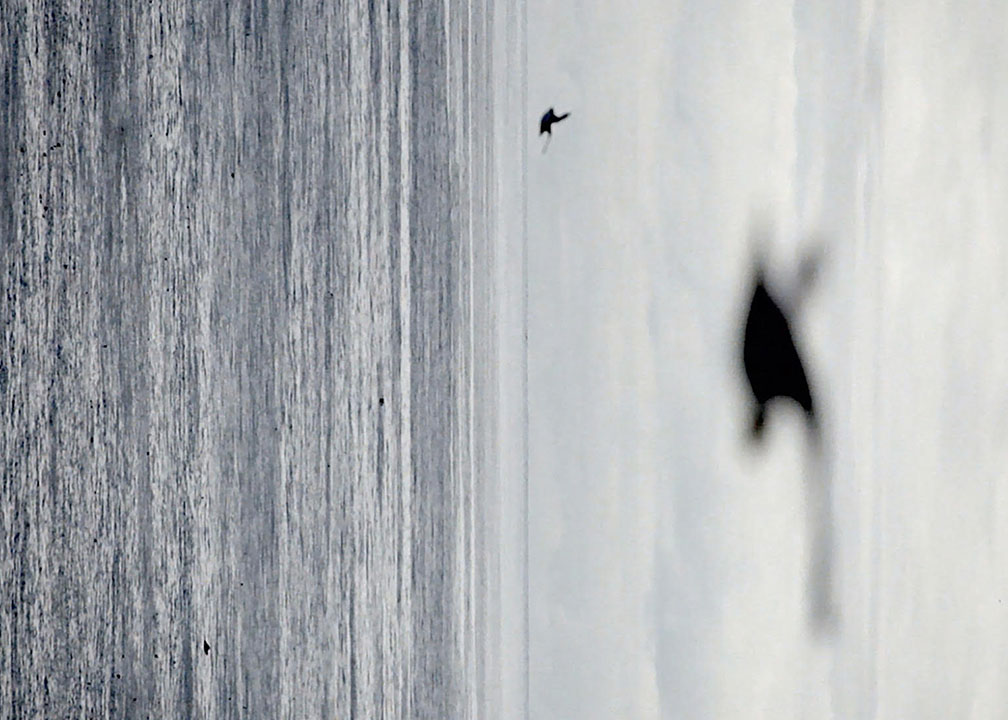Refuge and Its Refusals
Refuge and Its Refusals is a new 18-month research initiative developed by UCHRI and the Humanities Network to foster the systemwide engagement of humanities faculty and students around refuge as concept, practice, obligation, and ruse. The promise of refuge animates institutions as diverse as universities, hospitals, museums, and detention centers and as quotidian as restrooms, restaurants, and pedestrian islands. Yet, on global and local stages, and in hermeneutic scenes of interpretation and translation, refuge is more often refused than offered, and even the most gracious hosts are liable to exploit their guests. In our initiative, refuge juxtaposes traditional understandings of the humanities as spaces of reflection with the work of refugee scholars and refugee scholarship, while refusal addresses the biases within refuge that tilt its practice towards objectifying, paternalistic, or exploitative stances and actions. Refuge and Its Refusals includes research opportunities for UC faculty and graduate students and a conference/summit, Refuge at Risk: Concepts, Infrastructure, and Futures.
Article about conference, LA Times, 2.18.23
Hannah Arendt opens “We Refugees” by refusing the very term: “In the first place, we don’t like to be called ‘refugees.’ We ourselves call each other ‘newcomers’ or ‘immigrants.’” Rejecting rescue narratives and the demand to assimilate, Arendt concludes by reclaiming the word “refugee” within an emboldened politics of truth-telling:
Those few refugees who insist on telling the truth, even to the point of ‘indecency,’ get in exchange for their unpopularity one priceless advantage: history is no longer a closed book to them …. Refugees driven from country to country represent the ‘vanguard’ of their peoples—if they keep their identity.
Refugees sojourn in a legal landscape where only citizens have “the right to have rights,” but in historical circumstances that have rendered citizenship itself increasingly rescindable. “Identity” in this instance names the racialized status of peoples whose violent exclusion defines both citizenship and humanity for the regimes that forcibly displace them. If humanity and citizenship depend on each other, Arendt observes, “We actually live in a world where human beings as such have ceased to exist.” To claim one’s identity as a refugee on the other side of the word’s refusal is to lay bare that difficult truth. Writing in her newly adopted language of English, Arendt composed her thoughts both within and against the inherited structures of political and historical thought, which offered an imperfect refuge for the new kinds of thinking that the upheavals of the twentieth century demanded.
Honoring the dialectical movement of Arendt’s essay, Refuge and Its Refusals reaches beyond failures to find or offer asylum in order to grasp ongoing tensions and abiding resources within refuge itself as a concept and practice. Refuge and Its Refusals brings together three lines of inquiry: refuge and its discontents in the self-understanding of the humanities; the contributions of refugee scholars and refugee scholarship to the history and futures of the humanities; and extensions of refuge in theological, architectural, environmental, and medical frameworks.
Refuge and the State of the Humanities
Assembling disciplines tasked with interpreting and safeguarding the human record, the humanities have traditionally strived to offer spaces of refuge from instrumentalizing agendas. The humanities have also reorganized themselves as scenes of refusal where coercive norms and mesmerizing mythologies, including the humanistic dream of refuge as such, are disassembled and rethought. Sometimes the work of negation itself becomes a kind of refuge from the risky act of affirming values in a world where declarative stances risk occluding other histories and clashing with competing world views. While the humanities have long envisioned themselves as a refuge for critical reflection and open-ended inquiry, the growing adjunctification of higher education and the heightened precarity that emerged during the COVID-19 pandemic have made the discrepancy between generational outcomes and the clashes between ideals and practice in the field ever more apparent. In the spaces of the modern university, the honored visitor (scholar, student, patient, visitor, text) is often succored by another, more expendable stranger: the immigrant worker, the adjunct instructor, the unsung translator. Even the archive that promises to conserve the fragile remnants of history can also be a storehouse of plundered goods. How might the humanities, including humanities centers and institutes, examine, contextualize, and reorganize hospitable practices in order to better advance creative thinking, ethical archiving, and inclusive knowledge practices?
Refugee scholars and refugee scholarship
Refuge, from refugere, “to turn back and flee, run away from,” designates a place of shelter for someone in flight from danger. Hannah Arendt wrote as a refugee, as did many of the leading intellectuals of her generation. Exilic writing reaches back to Euripides, Ovid and Ezekiel and encompasses the voices of people around the globe. Today, burgeoning populations of refugees include climate refugees and economic refugees as well as people displaced by war and political persecution. Historians, literary scholars, and other humanists have called for more variegated and self-critical conceptualizations of the refugee across time and space, in relation to other formations such as racialization, nationalism, imperialism, humanitarianism, and international law. Scholars in the field of critical refugee studies are advancing this work through refugee-centered inquiry that addresses displaced people as the movers of their own stories, historical agents and authors who, like Arendt, refuse to accept the designation of refugee as the essence of their identities. What principles and perspectives thread through the many landscapes of forced migration, how are humanists contributing to concept-critical work around forced migration, and how are refugee scholars challenging the contours, assumptions, and traditional subject positions of humanistic inquiry?
Extending refuge: sources and variations
Refuge subsists in the larger zone of hospitality, the set of customs surrounding the rights of the stranger that ancient civilizations developed in response to the perils of sojourn. Sanctum and sanctuary shape the religious core of hospitality, which can harbor sacred violence alongside sacred care. Obliged to recognize and sustain the stranger, hospitality often turns hostile, manifesting the etymological ambiguity of hostis as both host and enemy noted by the linguist Emile Benveniste. An ecology is an organized oikos or dwelling place for manifold beings and systems: inhospitable ecologies have sent animals, plants, and viruses as well as humans in search of refuge. In a world in crisis, lines of flight abound. In the United States, the overturn of Roe v. Wade has led to the emergence of “abortion refugees,” who flee one state in search of service in another, forcing new conversations about the obligations of care. How have refuge and its cognates – hospitality, asylum, and sanctuary – been understood in global religious traditions, expressive practices, and architectural instantiations, and how has the concept of refuge been extended to diverse situations of displacement for manifold forms of fugitive life?
****************
Tempus fugit. We seek reworkings of refuge and its refusals in biopolitical, medical, juridical, ecological, curatorial, architectural, artistic, literary, hermeneutic, and theological frameworks – in short, in any creative-intellectual locus, ancient or modern, empirical or imaginary, where humanities research might fashion a temporary home for renewed thought. Potential areas of inquiry include but are not limited to:
- Critical explorations of refuge and its failures within institutional spaces such as universities, archives, museums, hospitals, prisons, and parklands
- Reflections on the humanities as a refuge for open-ended inquiry versus the humanities as problem-solving discourses
- Historical and comparative studies of global diasporas, waves of migration and forced displacement, and statelessness
- Critical race theory in dialogue with critical refugee studies
- Cultural expression in the face of exile and exclusion, such as placemaking and worldbuilding in art, architecture, literature, and humanistic thought
- Studies of environmental displacement, climate refugees, and the unsettling of borders, both in relation to geographical territories and racialized violence, and conceptual binaries like human and non-human
- New perspectives on hospitality, sanctuary, and belonging, as well as histories and futures of the categories of the stranger, foreigner, and citizen in global religious, legal, and literary traditions
Image Credit – Rebeca Méndez (UCLA), Circumsolar, Migration 3, 2013-14.


